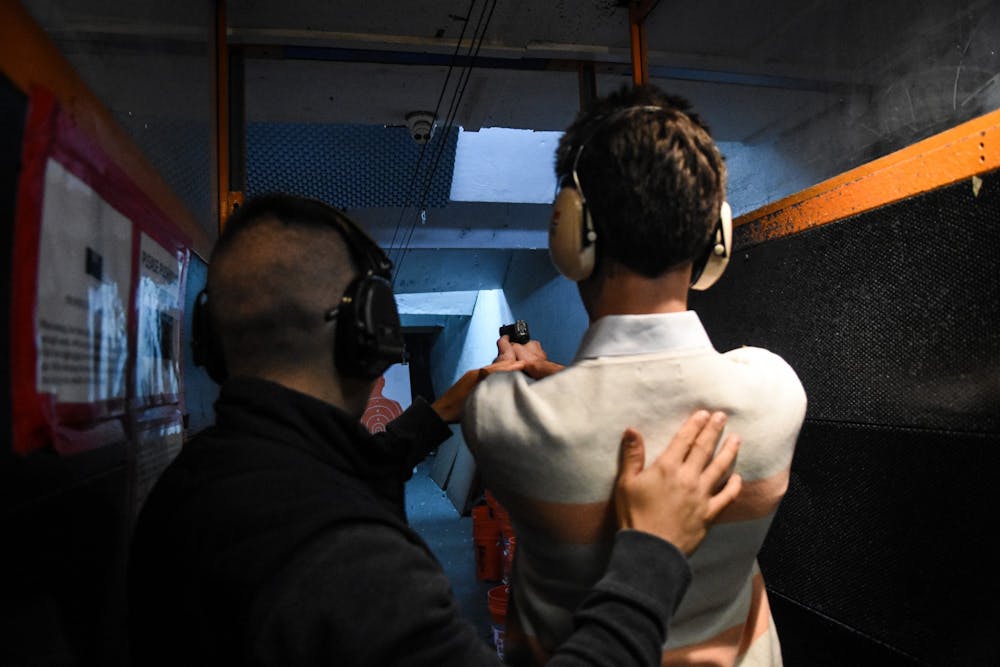
The Perelman School of Medicine received a $3.6 million grant from the National Institute of Mental Health to implement a firearm safety program.
With an increasing number of young people dying by suicide in the United States each year, promoting firearm safety has become a key aspect of suicide prevention strategies, Penn Medicine News reported. The development and implementation of the firearm safety program will take place over the next five years.
The researchers will study two different approaches for implementing firearm safety programs in pediatric primary care and evaluate their impacts. The first approach will give doctors a reminder to implement the program with their patients through the electronic health record they use, Penn Medicine News reported. The second approach will do the same, but also provide one year of additional support and training for the clinics with difficulties implementing the program.
The study will include 151 clinicians in 32 clinics in Michigan and Colorado, Penn Medicine News reported.
The work will be based on research principal investigator on the new project and Associate Professor of Psychiatry Rinad Beidas conducted with the Mental Health Research Network, a consortium of 14 research centers dedicated to improving patient mental healthcare, Penn Medicine News reported.
The previous project gathered information and data on Safety Check, a program that provides counseling in pediatric primary care and a free cable lock to all parents to promote gun safety, Penn Medicine News reported.
“We know that safe gun storage will result in saved lives of young people, and there’s an underused resource which can help provide information on firearm safety — pediatric primary care doctors,” Beidas, who is also director of the Penn Implementation Science Center at the Leonard Davis Institute of Health Economics, told Penn Medicine News.
While the program has helped improve safe firearm storage among parents, it has not been universally implemented yet, Penn Medicine News reported. Adapting their previous work on Safety Check, now called SAFE Firearm, the program will be used to enhance implementation as a suicide prevention strategy.
“It is an honor to build on thoughtful, partnered work that we have been driving in collaboration with a range of stakeholders over the past five years. Our work would not be possible without the voices of the various experts we have engaged with, including the firearm community,” Beidas told Penn Medicine News. “This funding provides us with an important opportunity to accelerate our research with the Mental Health Research Network in hopes of achieving our shared mission of keeping youth safe."
Since the onset of the coronavirus pandemic, trauma centers in Philadelphia have seen an increase in gun violence patients, particularly in areas hardest hit by the disease, Penn Medicine News reported.
A previous study by Penn Medicine researchers found that victims of gun violence were more likely to face unemployment, alcohol and drug abuse, and post-traumatic stress disorder.
The Daily Pennsylvanian is an independent, student-run newspaper. Please consider making a donation to support the coverage that shapes the University. Your generosity ensures a future of strong journalism at Penn.
Donate






